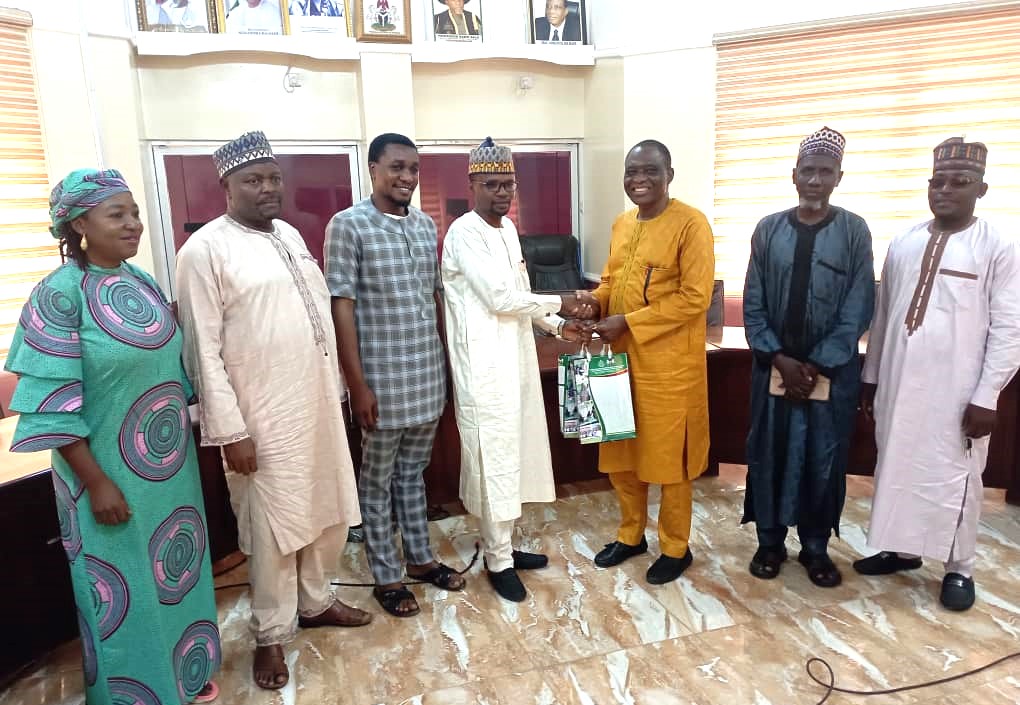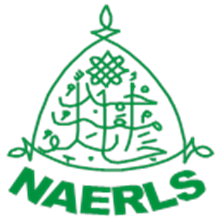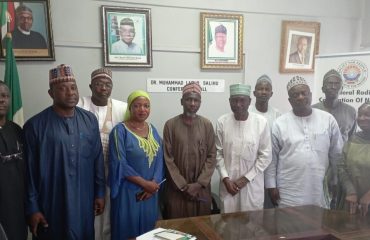In recognition of the importance of agricultural extension to agricultural development and economic growth, the Livestock Productivity and Resilience Support (L-PRES) Project has delivered on its promise to help boost the activity and performance of the National Farmers Helpline in Nigeria. Several equipment on communication transmission and reception were developed to the National Farmers Helpline, at the NAERLS, Ahmadu Bello University Zaria on Wednesday 28 August 2024. While delivering the large catchment of equipment for boosting activities of the Helpline to the management of NAERLS, the National coordinator of L-PRES Project, Alhaji Sanusi Abubakar, re-emphasised their commitment to the full development of the livestock sector through support to novel initiatives for expanding farmers’ access to improved information along the livestock value chains. The coordinator stated this at the NAERLS Boardroom, Zaria, through the Head of Extension Component of L-PRES, Dr Suleiman Umar.
The Farmers Helpline is a national infrastructure, commissioned by the Minister of Agriculture, Chief Audu Ogbe, in 2017 to provide real-time on-field data to farmers and other stakeholder, as well as serve as an e-platform for building the capacity of farmers and extension personnel. The Helpline is thus the foremost e-extension infrastructure in the country. Equipment supplied included large smart screens, air-conditioners, and a server. The NAERLS Executive Director, Professor Emmanuel Ikani, appreciated L-PRES and its leadership for the support, stressing that the equipment provided would go a long way in strengthening the operationality and capacity of the Helpline. He stressed that the role of NAERLS is to ensure that information on agricultural technologies, innovations and initiatives developed through research, programmes and projects, such as L-PRES, get to the end-users and other stakeholders.

It is noteworthy that the focus of L-PRES is strategically on selected value chains to drive impactful change in livestock productivity in the country. One such priority is to make the Beef Cattle value chain an engine for local economic growth by nurturing and supporting indigenous industries. Also, there is emphasis on the sheep and goat value chain, with a dedicated commitment to fortifying smallholder marketing systems. The interventions aim to address challenges and ensure the sustainability and prosperity of these vital components of the livestock sector. By strategically supporting and optimizing these selected value chains, L-PRES endeavours to create a ripple effect, fostering economic resilience and livelihood improvement in the selected communities.
Also present at the meeting were: Professor Mohammad Jaliya (Assistant Director, Extension, Outreach and Training), Mr Bashir M. Gambo (Institute Secretary), Dr Saleh Makama (Head, e-Extension Department), and Mrs P.G. Maiyaki (Head, Farm Broadcasts Unit), among others.



